

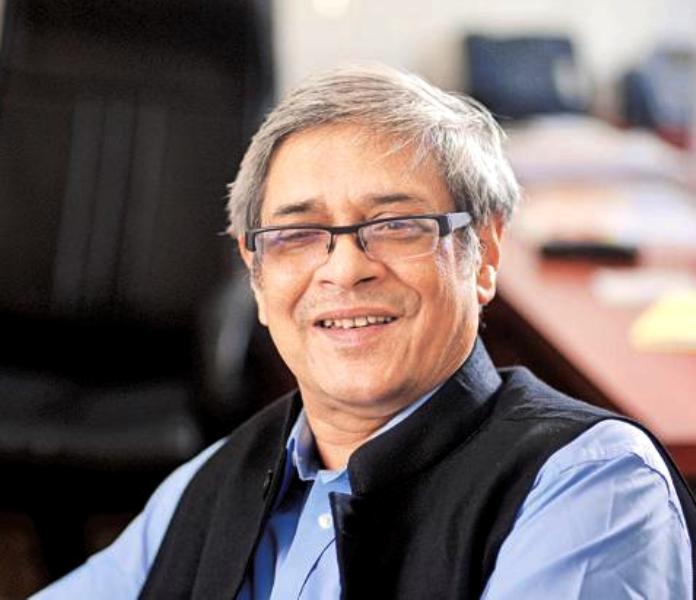
Bibek Debroy, chairman of the Prime Minister’s Economic Advisory Council, passed away on November 1, 2024 at the age of 69. His death drew condolences and tributes from Prime Minister Narendra Modi, President Droupadi Murmu, and other prominent figures. Known for his contributions to public policy and his work in translating India's ancient texts, Debroy's passing has left a void in the country's intellectual landscape. Finance Minister Nirmala Sitharaman also noted his involvement in policy making.
Bibek Debroy: A Visionary Economist and Intellectual
Bibek Debroy, the eminent economist and chairman of the Prime Minister's Economic Advisory Council, passed away untimely on November 1, 2024. His demise has left an immeasurable void in the nation's intellectual and economic circles.
Background
Bibek Debroy was born on June 27, 1955, in Kolkata. He earned his Ph.D. in Economics from the Delhi School of Economics, where he later served as a professor. Debroy held prestigious positions in various government bodies, including the Ministry of Commerce and Industry and the NITI Aayog.
Economic Contributions
As chairman of the Economic Advisory Council, Debroy played a pivotal role in shaping India's economic policies. He was a strong advocate for liberal economic reforms, emphasizing the importance of free markets, reduced government intervention, and trade liberalization. Debroy's insights on trade, investment, and infrastructure development were highly influential in the government's decision-making.
Translation of Ancient Texts
In addition to his economic work, Debroy was also renowned for his translation of ancient Indian texts into English. He translated the complete Mahabharata into English, a monumental task that took him decades to complete. Debroy's translations have made these texts accessible to a wider audience, fostering a deeper understanding of India's rich cultural heritage.
Legacy
Bibek Debroy's legacy extends far beyond his contributions to economics and translation. He was a brilliant intellect, a prolific writer, and a respected public figure. His death has been met with widespread grief and tributes from across the political spectrum.
Top 5 FAQs and Answers
1. What was the cause of Bibek Debroy's death? The cause of Bibek Debroy's death has not been publicly disclosed.
2. Who replaced Bibek Debroy as chairman of the Economic Advisory Council? No replacement has been announced as of this writing.
3. What were Bibek Debroy's major economic policy recommendations? Debroy advocated for market liberalization, free trade, and reduced government intervention.
4. What was Debroy's most significant translation work? Debroy's complete translation of the Mahabharata into English is considered his most significant translation work.
5. How did Bibek Debroy influence the Indian economy? As chairman of the Economic Advisory Council, Debroy played a key role in shaping India's economic policies, particularly in areas such as trade, investment, and infrastructure development.
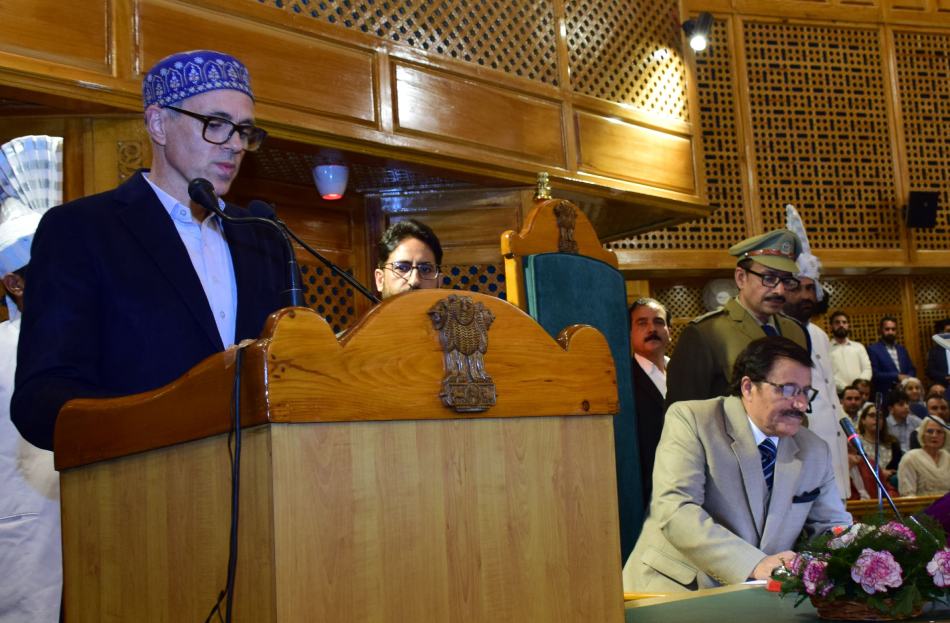
In a media interaction, Jammu and Kashmir Chief Minister Omar Abdullah expressed his disapproval of the hybrid model of governance in the Union Territory, stating that dual centres of power are not effective tools for governance. He also addressed other issues, such as differences of opinion and reservation protests, reiterating the need for a single centre of command for better functioning of the system. The chief minister also discussed the recent controversy over land acquisition for a campus of the National Institute of Technology, emphasizing the importance of finding a balance between development and protecting productive agriculture land.
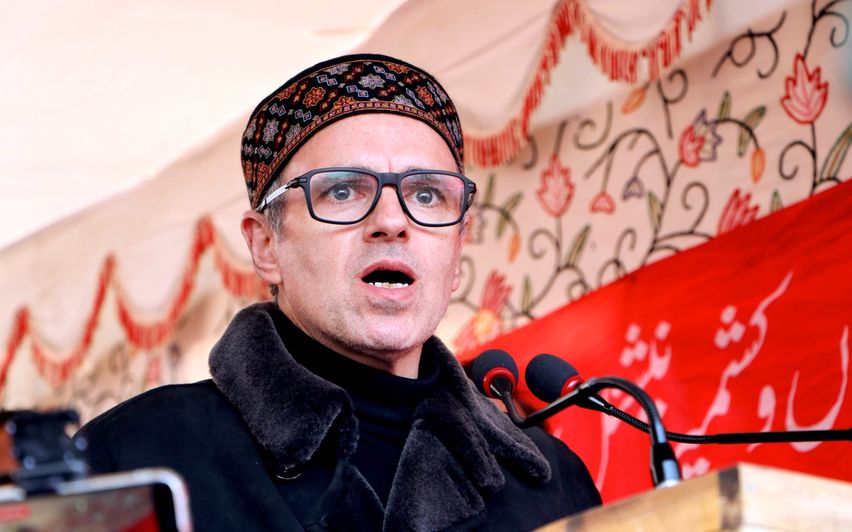
Jammu and Kashmir Chief Minister Omar Abdullah is hopeful for the restoration of statehood and promises to fulfil all the promises made to the people during his five-year term. He also assures improved infrastructure and electricity situation in the Union Territory. Regarding the recent allegations of recruitment scam, he calls for a fair investigation and assures that deserving candidates will receive justice.
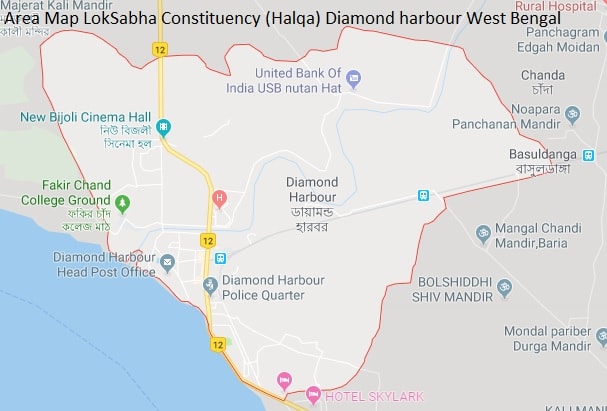
As the 18th Lok Sabha elections approach, the Diamond Harbour constituency prepares to cast its votes on Jun 01. Twelve candidates are in the fray, including Abhishek Banerjee, a prominent leader of the ruling party, and Pratik Ur Rahaman, a young candidate with a clean image. The BJP, with its incumbent Prime Minister Narendra Modi, has emerged as a strong contender, while the Congress struggles to regain lost ground. However, with the opposition parties banding together, it remains to be seen who will emerge victorious in this fierce political battle. Keep following #Decision2024 for all the latest updates and analysis on the upcoming elections.

Congress leader Supriya Shrinate has alleged that the social media platform 'X' received a request from the Ministry of Home Affairs and Information and Broadcasting Ministry to remove a video of Amit Shah. The Congress has received an email from 'X' informing them about this under transparency. In response, Shrinate questioned what law Amit Shah's video was violating and demanded his resignation for his remarks on Babasaheb Ambedkar. She also criticized BJP for replacing a photo of Ambedkar with George Soros during a protest. Congress' Rahul Gandhi also led a protest against Amit Shah's comments with INDIA Bloc MPs.

The suspect responsible for the deadly vehicle attack in New Orleans that left 15 people dead has been identified as a 42-year-old US citizen from Texas named Shamsud-Din Jabbar. The FBI has found an Islamic State group flag in the vehicle and is investigating the attack as an act of terrorism. However, investigators believe the suspect may not have acted alone and are also looking into possible connections with the explosion of a Tesla Cybertruck outside the Trump Hotel in Las Vegas. Additionally, car-sharing app Turo, through which the trucks were rented, is cooperating with authorities in the investigation.
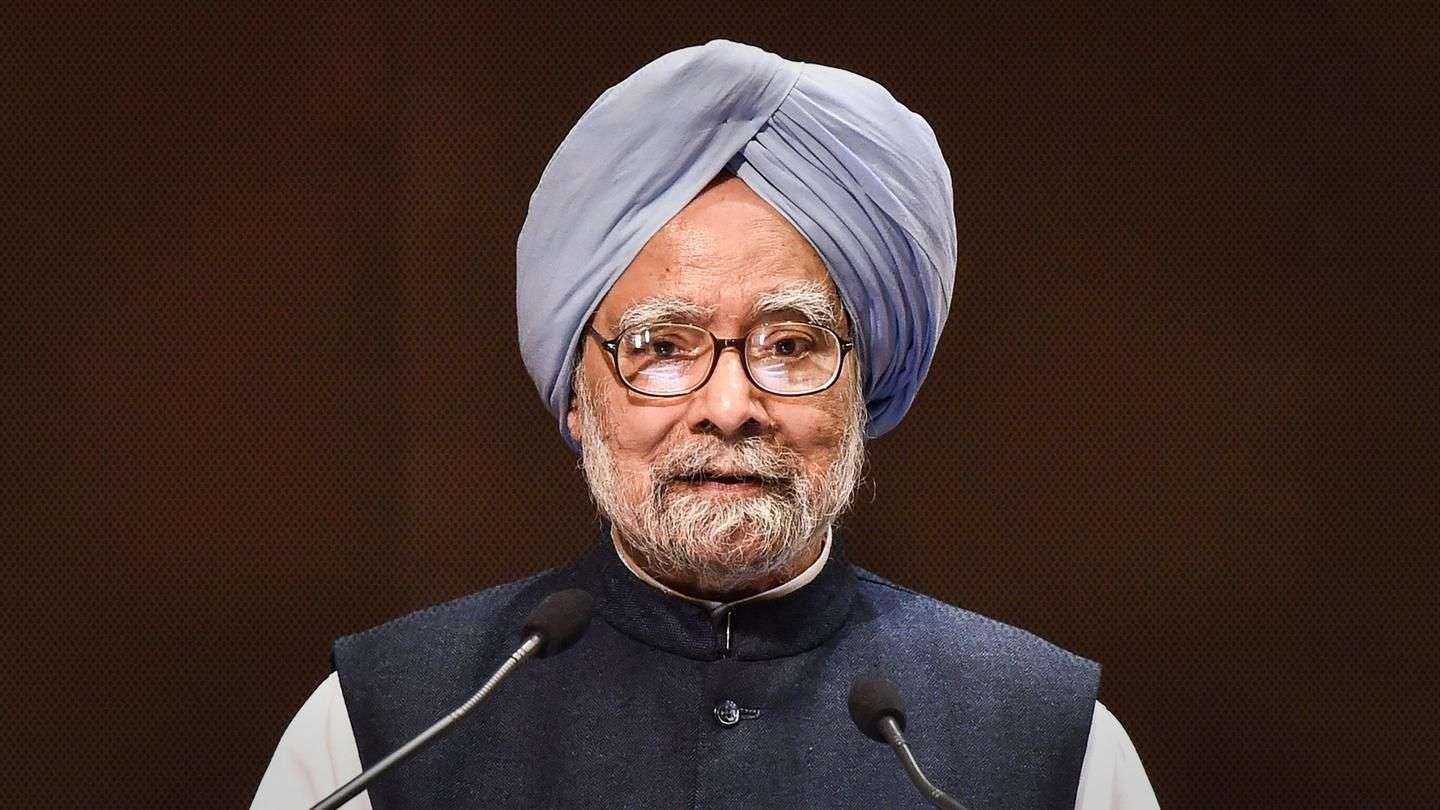
Dr. Manmohan Singh, a revered leader and former Prime Minister of India, passed away at the age of 92. Known for his integrity and visionary leadership, he pioneered economic liberalization in 1991, leading India to global prominence. His tenure was marked by a commitment to inclusivity, secularism, and financial reforms. As we mourn his loss, let us pay tribute to his enduring legacy through his insightful and inspiring quotes on unity, diversity, and a mixed economy.

According to sources close to the Trump transition, the president-elect is becoming increasingly frustrated with the attention and influence that billionaire entrepreneur Elon Musk commands. This has sparked rumors and speculation that there may be tensions between the two men. However, Trump's former deputy press secretary and national press secretary of his 2020 campaign, Hogan Gidley, dismisses these claims, stating that Musk is a close friend and ally of the president and has been tasked with an important role in the new non-official Department of Government Efficiency. Despite the media's attempt to create rifts, Gidley maintains that the two men are working closely together to achieve their shared goals.
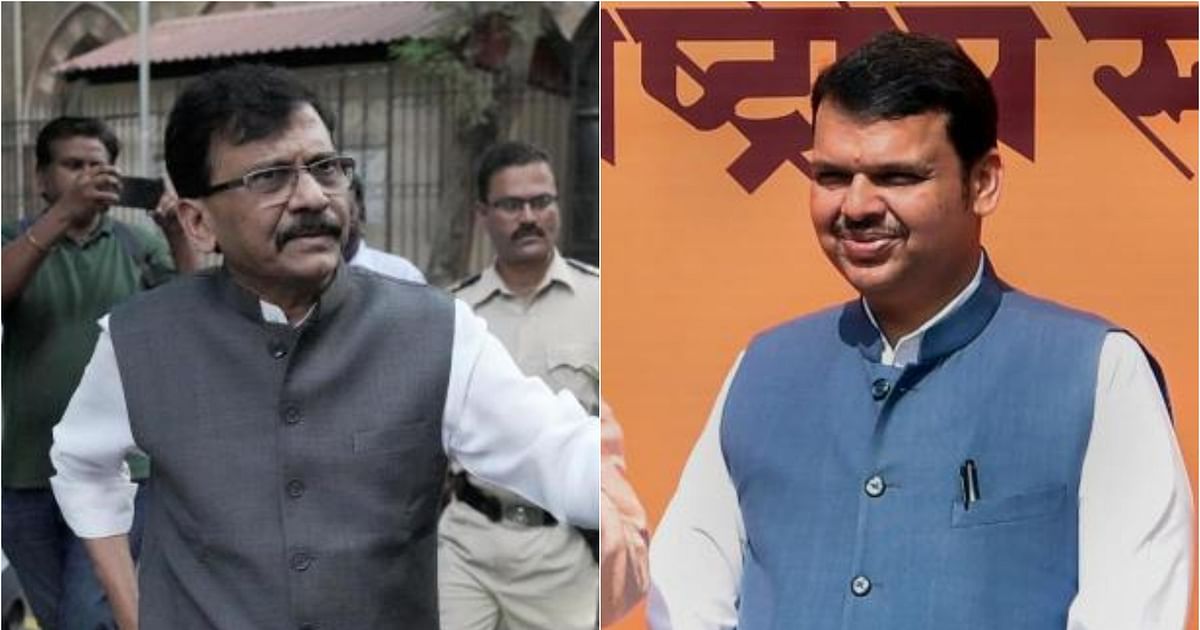
Despite a tragic car accident in Jalna district that claimed the lives of four individuals and injured two, Maharashtra Chief Minister Devendra Fadnavis remains hopeful for the state's future. In a press conference during his visit to Gadchiroli, Fadnavis announced that Naxalism is on the decline with Maoist cadres willingly surrendering and no new recruits being attracted to the outlawed movement. He also revealed plans for development in the district, such as a new bus service and potential for it to become India's next steel city.

BJP state president Uday Kumar Shetty, during a press meet, demanded the resignation of Karnataka minister Priyank Kharge and a CBI investigation into the Sachin Panchal suicide case. Shetty also urged the government to provide compensation and a job for one of Sachin’s sisters. He criticized the state government for misgovernance and highlighted previous cases of ministerial resignations. He also lauded BJP leaders for taking action and showing support for the victim's family.
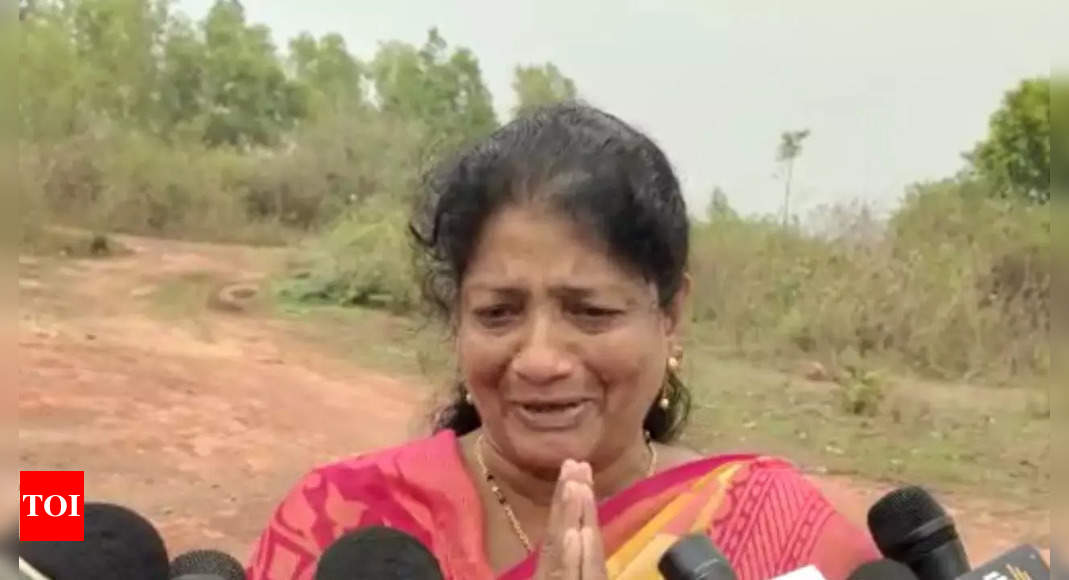
The CBI court in Kasargod delivered a verdict on Saturday in the Periya double murder case, finding 14 out of 24 accused guilty in the 2019 killings of Youth Congress workers Sarathlal and Kripesh. The mothers of both victims expressed their dissatisfaction with the verdict and demanded harsh punishment for all the accused. The convicted include seven members of the ruling CPM-led LDF government in Kerala, leading to a setback for the government. The case was initially handled by the local police, followed by the Crime Branch, and eventually handed over to the CBI after intervention from the High Court.